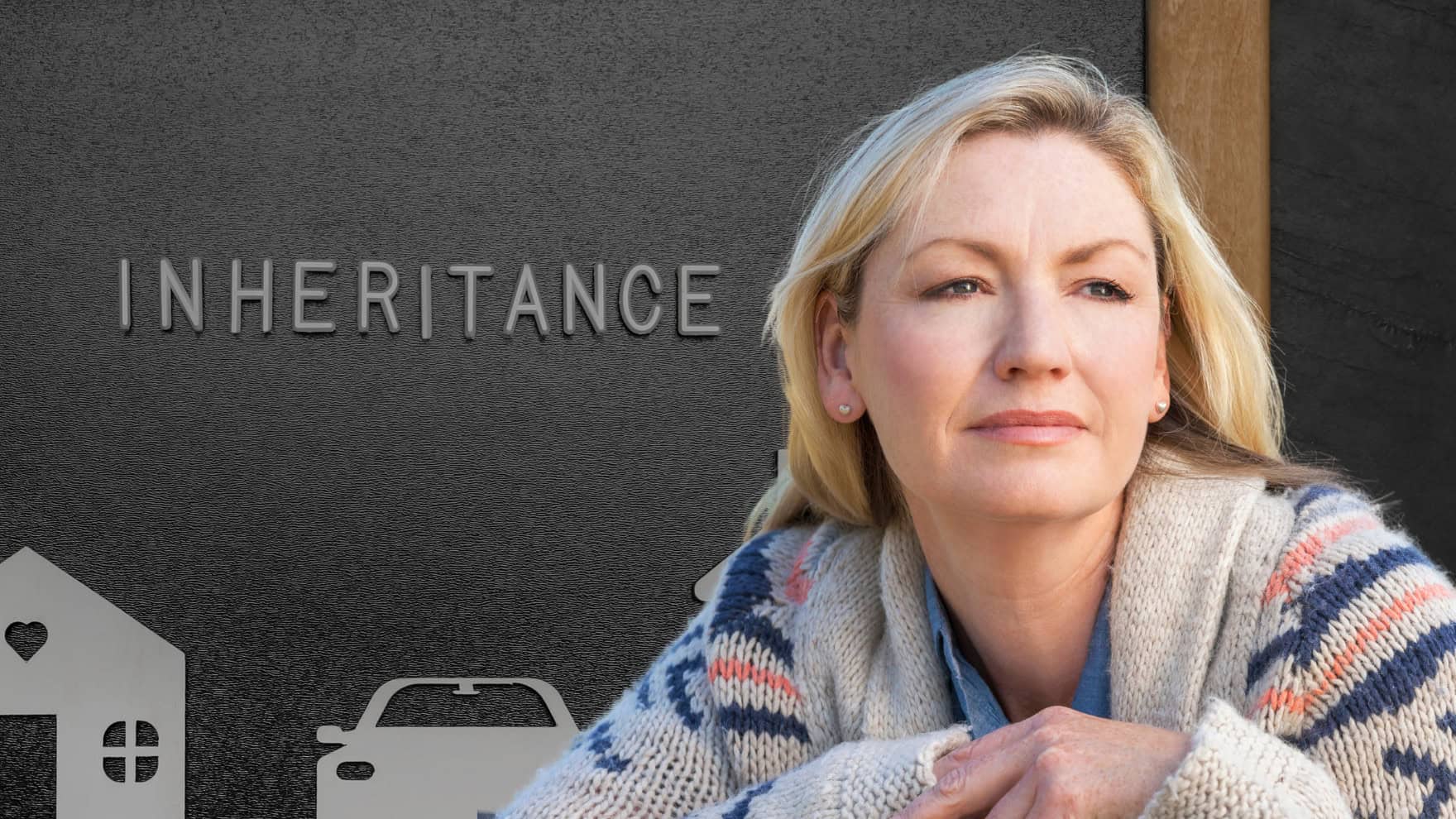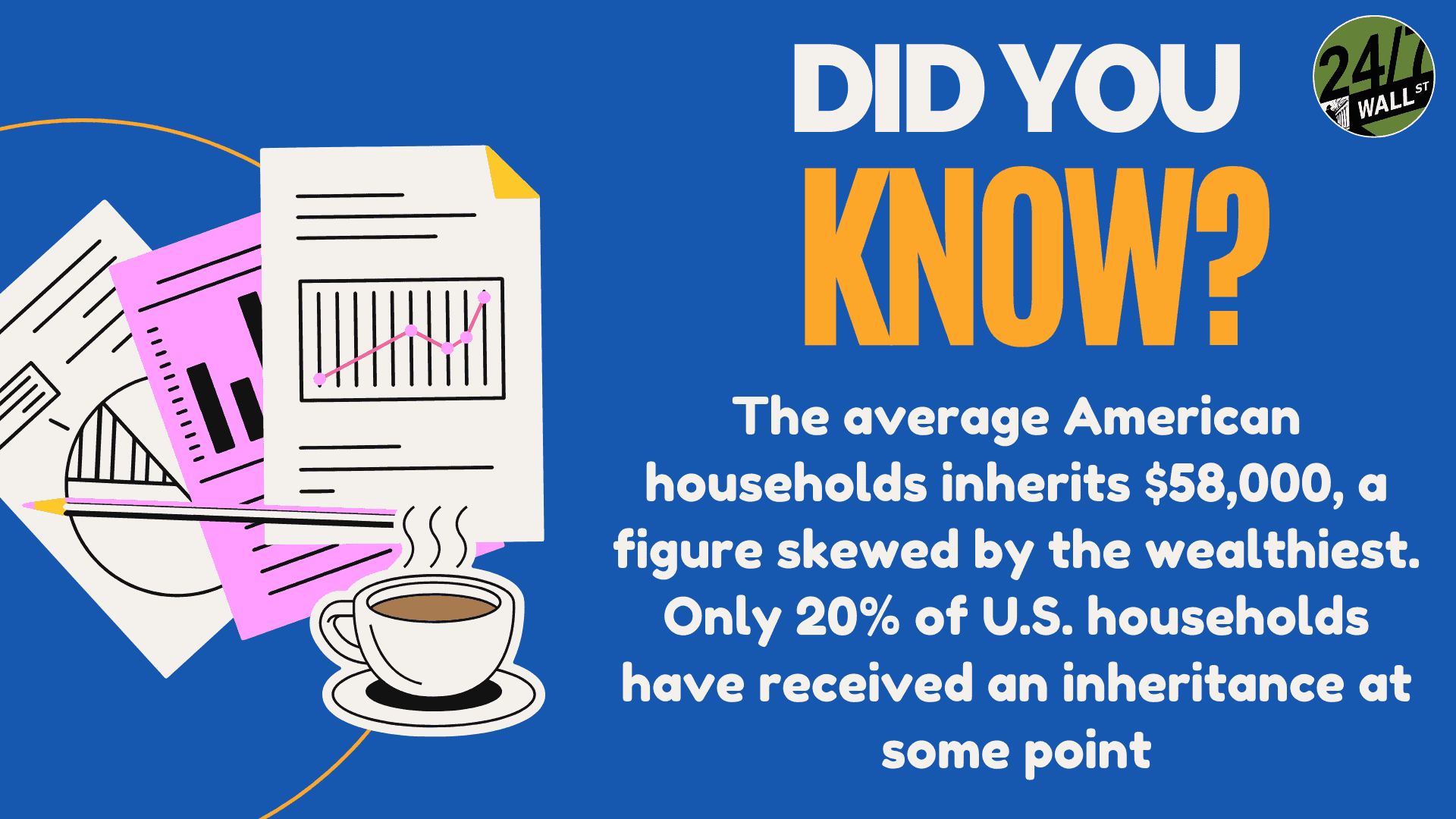Personal Finance
My parents have $6 million in the stock market and I anticipate on inheriting half of it - how do I factor this into my retirement plans?

Published:
Last Updated:

I recently came across a Reddit post that sparked some questions about inheritance and financial planning. The Redditor posed a question about factoring future inheritance into their early retirement plans.
Generally, it’s recommended that no one plans on an inheritance until it is in their bank account. There are simply too many factors involved, and no one can see the future. However, the Redditor was wondering if their situation was different, as their parts are both in their 80s.
Here are some of my thoughts on that. Remember, this is just my opinion and shouldn’t be counted as financial advice:
Long-term care is extremely expensive, and it tends to eat up inheritance promises. However, the Redditor reported that both of their parents have good long-term care insurance. With their $6M stock portfolio, the Redditor anticipates inheriting ~$3M if it were divided between themselves and their sibling today.
Of course, we don’t know how long their parents will live and how much of that inheritance will be left, but it is a sizable nest egg.
The fact that the parents have long-term care insurance may offset major healthcare costs in the future. However, it probably won’t cover everything, and healthcare expenses can still impact the estate value. While this insurance reduces the risk of significant depletion to the inheritance, it doesn’t protect it completely by any means.
We absolutely recommend long-term care insurance but don’t rely on it solely for healthcare costs.

It’s easy to make financial plans based on someone else’s work. However, inheritance is always uncertain due to market fluctuations, healthcare expenses, and changes in the financial needs of the parents.
While it’s understandable to view it as a potential future resource, planning solely based on an inheritance for financial independence can be risky.
Instead of planning explicitly for an inheritance, I recommend approaching it more as a bonus. You shouldn’t plan for it, and you should absolutely be able to reach your financial goals without it. However, if it does happen, it can be a nice boost to your plans.
Simply put, you should focus on building a core plan that functions without an inheritance.
If you’re one of the over 4 Million Americans set to retire this year, you may want to pay attention.
Finding a financial advisor who puts your interest first can be the difference between a rich retirement and barely getting by, and today it’s easier than ever. SmartAsset’s free tool matches you with up to three fiduciary financial advisors that serve your area in minutes. Each advisor has been carefully vetted, and must act in your best interests. Start your search now.
Don’t waste another minute; get started right here and help your retirement dreams become a retirement reality.
Thank you for reading! Have some feedback for us?
Contact the 24/7 Wall St. editorial team.